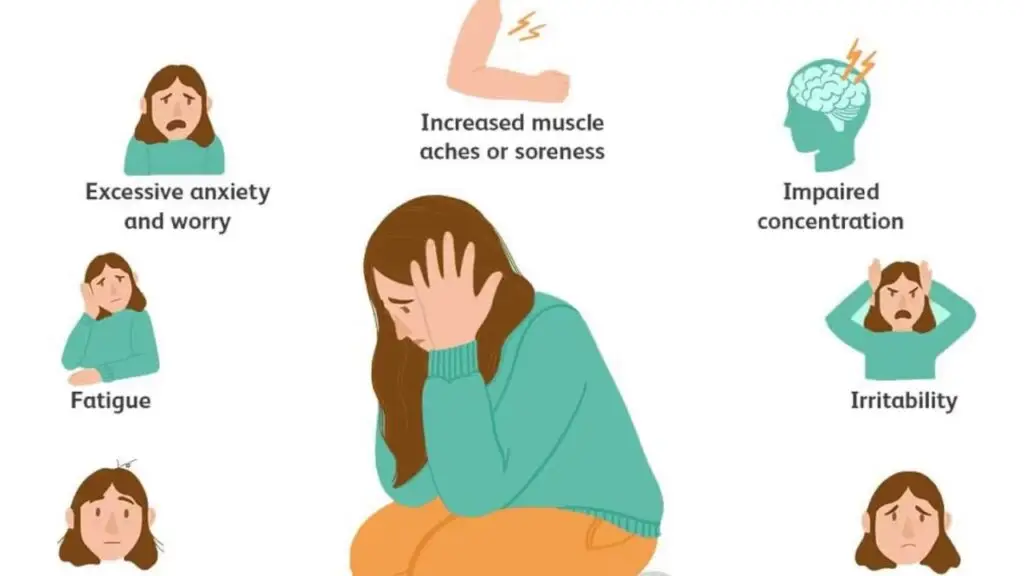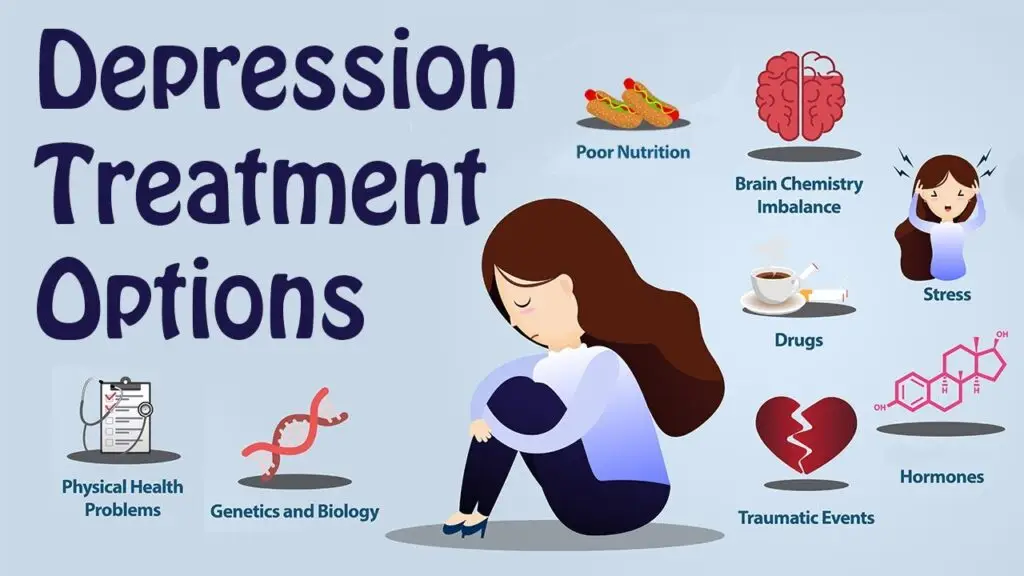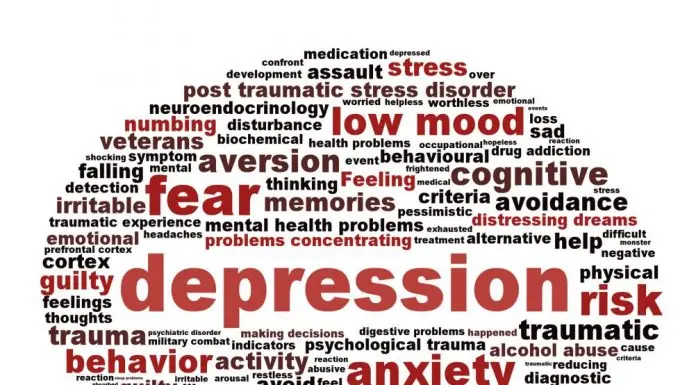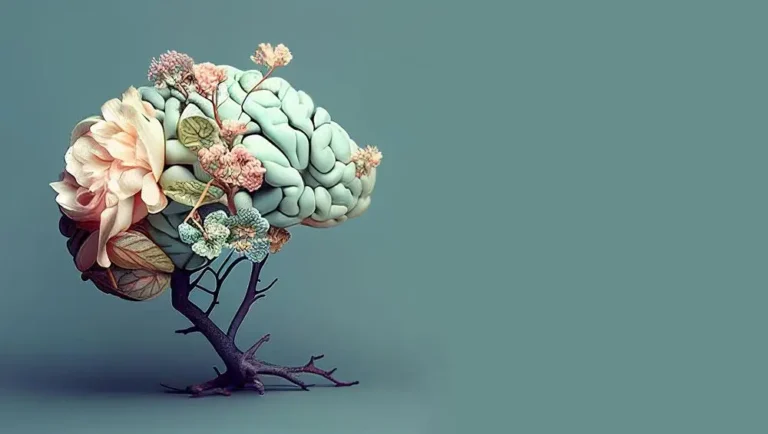Depression Signs and Symptoms: A Comprehesive Guide to Understanding and Overcoming
Depression is a multifaceted mental health disorder that profoundly affects an individual’s emotional state, thought processes, behaviors, and physical health. Far more complex than simple sadness or mood swings, depression is characterized by a persistent sense of despair and disinterest, disrupting daily life across personal, professional, and social realms. Recognizing and addressing this condition is essential for fostering mental and emotional well-being, requiring a comprehensive treatment strategy that includes therapy, medication, lifestyle changes, and supportive networks.
This guide aims to demystify depression, providing insight into its depression signs and symptoms, types, and causes, alongside highlighting the importance of seeking professional help and the available local resources in Florida, such as McNulty Counseling and Wellness, to embark on the path to recovery.
What is Depression?
Depression is a multifaceted mental health disorder far beyond simple sadness or mood fluctuations; it deeply impacts an individual’s emotions, thought processes, behaviors, and overall physical health. It is characterized by a persistent, overwhelming sense of despair and disinterest that severely disrupts daily functioning across personal, professional, and social spheres. Recognizing and treating depression is crucial for promoting mental and emotional well-being, necessitating a holistic treatment approach that may include therapy, medication, lifestyle adjustments, and robust support networks. Increased awareness and understanding are key to fostering empathy for those affected, breaking down the stigma associated with mental health challenges, and encouraging individuals to seek the necessary help towards recovery.

Depression Signs and Symptoms
Depression, a multifaceted mental health condition, presents through a spectrum of emotional, physical, and behavioral symptoms. Each individual’s experience with depression is unique, with symptoms ranging from mild to severe. Understanding these symptoms is crucial for recognizing the need for professional help and support.
Emotional Symptoms:
- Persistent feelings of sadness, emptiness, or hopelessness: A hallmark of depression, this emotional state is more than just feeling blue; it’s a profound and constant sense of despair.
- Irritability or frustration, even over small matters: Those experiencing depression may have a significantly lowered tolerance for stress, resulting in irritability over seemingly minor issues.
- Loss of interest or pleasure in most or all normal activities: Activities that once brought joy, such as hobbies, social interactions, or sex, no longer appeal, contributing to a sense of detachment from life.
- Feelings of worthlessness or guilt, fixating on past failures: Individuals may dwell on regrets or perceive themselves as inadequate, exacerbating feelings of guilt and worthlessness.
- Difficulty thinking, concentrating, making decisions, or remembering things: Depression can impair cognitive functions, making it challenging to focus, make decisions, or recall information.
- Thoughts of death, suicidal ideation, or suicide attempts: In severe cases, depression can lead to thoughts of death or suicide, necessitating immediate medical intervention.
Physical Symptoms:
- Changes in appetite — significant weight loss or gain unrelated to dieting: Depression can lead to marked changes in eating habits, resulting in weight fluctuations.
- Sleep disturbances, including insomnia or sleeping too much: Altered sleep patterns, whether as difficulty sleeping or oversleeping, are common in those with depression.
- Tiredness and lack of energy, so even small tasks take extra effort: A pervasive sense of fatigue makes daily activities and responsibilities feel insurmountable.
- Various physical problems, such as headaches or back pain, with no apparent cause: Unexplained physical ailments are often associated with depression.
Behavioral Changes:
- Withdrawal from social interactions and activities once enjoyed: Individuals may isolate themselves, withdrawing from friends, family, and social activities.
- Reduced sexual desire: A diminished interest in sexual activity is another common symptom of depression.
- Neglecting responsibilities and personal appearance: There may be a noticeable decline in attention to personal care and responsibilities at home or work.
- Increased use of alcohol or drugs: Some individuals may turn to substances as a coping mechanism, which can compound the issue.
- Exhibiting more agitation or restlessness, such as pacing, hand-wringing, or an inability to sit still: Physical manifestations of inner turmoil can include restlessness or agitated movements.
Types of Depression
Depression is not a one-size-fits-all condition; it comes in various forms, each with its own set of symptoms, causes, and treatment approaches. Understanding the different types of depression is crucial for identifying the most effective treatment strategies. Below are some of the most common types of depression:
- Major Depressive Disorder (MDD): Characterized by persistent and intense feelings of sadness for extended periods. MDD can lead to a significant impairment in daily functioning.
- Persistent Depressive Disorder (PDD), previously known as Dysthymia: This type of depression lasts for at least two years, where individuals may experience less severe symptoms than major depression but with a longer duration that makes it challenging to function normally.
- Bipolar Disorder: Though not solely a form of depression, bipolar disorder includes episodes of extremely low moods (bipolar depression) interspersed with periods of high energy (mania or hypomania).
- Seasonal Affective Disorder (SAD): This type of depression is related to changes in seasons, typically starting in the fall and continuing into the winter months, diminishing in spring and summer.
- Postpartum Depression: Occurs after giving birth, characterized by major depression during pregnancy or after delivery. The intense emotional and physical challenges of motherhood may contribute to this type of depression.
- Premenstrual Dysphoric Disorder (PMDD): A severe form of premenstrual syndrome (PMS) characterized by significant mood swings, irritability, and depression before menstruation.
- Atypical Depression: A subtype of major depression that features specific symptoms, including increased appetite or weight gain, excessive sleep, a heavy feeling in the arms and legs, and sensitivity to rejection.
- Psychotic Depression: This type involves depression accompanied by some form of psychosis, such as having delusions or hallucinations that are usually unpleasant and distressing.
Causes of Depression
The origins of depression are indeed multifaceted, reflecting a complex interplay of genetic, environmental, psychological, and social factors. Understanding these various causes can shed light on why depression occurs and inform more effective treatment and prevention strategies. Here’s a closer look at each of these contributing factors:
Genetic Factors:
Research suggests a hereditary component to depression. Individuals with a family history of depression are at a higher risk of developing the condition themselves. However, genetic predisposition is just one part of the puzzle, as not everyone with a family history will experience depression.
Environmental Factors:
Life events and circumstances play a crucial role in the onset of depression. Traumatic events, such as the loss of a loved one, financial problems, or a major life change, can trigger depression. Chronic stress, exposure to violence, neglect, and abuse also significantly increase the risk.
Psychological and Personality Factors:
Certain personality traits, such as low self-esteem, being overly critical of oneself, pessimism, or being easily overwhelmed by stress, can make someone more susceptible to depression. Additionally, individuals with other mental health disorders, like anxiety or post-traumatic stress disorder (PTSD), are at a higher risk.
Social Factors:
Human beings are social creatures, and our interactions and relationships with others significantly impact our mental health. Isolation, lack of support, or stressful relationships can contribute to the development of depression. Social determinants such as poverty, unemployment, or belonging to a marginalized group can also increase vulnerability to depression.
Biological and Chemical Factors:
Imbalances in brain chemicals known as neurotransmitters, which help regulate mood and emotions, are believed to play a role in depression. Additionally, changes in hormonal balances, such as thyroid problems or changes during pregnancy and menopause, can contribute to depressive symptoms.

Treatment Options for Depression
Depression is a treatable condition, and a wide range of effective treatment options exist. The key to successful treatment often lies in a personalized approach that considers the individual’s specific symptoms, preferences, lifestyle, and overall health. Here’s an overview of the main treatment options for depression:
Psychotherapy:
Also known as talk therapy, psychotherapy involves discussing your feelings and concerns with a mental health professional. Several types of psychotherapy have proven effective for depression, including cognitive-behavioral therapy (CBT), which helps individuals identify and change negative thought patterns and behaviors; interpersonal therapy (IPT), which focuses on improving communication skills and relationships; and psychodynamic therapy, which aims to resolve underlying psychological conflicts.
Medication:
Antidepressants can help adjust the chemical imbalances in the brain that contribute to depression. There are several classes of antidepressants, and finding the right medication may take some time. Patients need to work closely with their healthcare provider to find the medication that works best for them, with the fewest side effects.
Lifestyle Adjustments:
Lifestyle changes can significantly impact depression symptoms. Regular physical activity, a healthy diet, adequate sleep, and managing stress can all play a role in reducing depression. Additionally, avoiding alcohol and drugs, which can worsen depression symptoms, is also important.
Alternative Therapies:
Some individuals may find relief from symptoms of depression through alternative therapies. These can include mindfulness meditation, acupuncture, yoga, and art therapy. While these treatments can be beneficial, they should complement, not replace, traditional treatments like psychotherapy and medication.
Support Groups:
Joining a support group can provide a sense of community and shared experience that can be incredibly healing. Sharing stories, challenges, and successes with others who understand what you’re going through can reduce feelings of isolation and help build coping strategies.
Electroconvulsive Therapy (ECT) and Other Brain Stimulation Therapies:
For severe depression that hasn’t responded to other treatments, ECT or other brain stimulation therapies like repetitive transcranial magnetic stimulation (rTMS) might be considered. These treatments can be highly effective for some patients.
Local Resources and Support in Florida
In the journey towards mental wellness, local resources play an essential role, offering tailored support and care that understand the unique needs of their communities. In Florida, McNulty Counseling and Wellness stands out as a beacon of hope, providing a wide range of mental health services in St. Petersburg, Sarasota, Tampa, and through virtual counseling. This localized approach not only makes mental health care more accessible but also emphasizes the value of community-based support systems in fostering recovery and well-being.
- St. Petersburg: In this vibrant community, McNulty Counseling and Wellness offers a sanctuary for individuals seeking support with depression. Their experienced therapists use evidence-based treatments tailored to each client’s needs, helping them navigate their emotional challenges and move toward healing.
- Sarasota: McNulty Counseling and Wellness extends its compassionate care to Sarasota, offering a range of therapy services in a warm and welcoming environment. Whether dealing with depression, anxiety, or other mental health concerns, individuals in Sarasota can find professional support and guidance tailored to their unique circumstances.
- Tampa: The bustling city of Tampa is not without its quiet spaces for healing, thanks to the presence of McNulty Counseling and Wellness. Here, individuals can access specialized mental health services, including therapy for depression, stress management, and more, all designed to support clients through their mental health journey.
- Virtual Counseling: Recognizing the need for flexibility and accessibility in mental health care, McNulty Counseling and Wellness also offers virtual counseling services. This option is ideal for individuals who prefer receiving support from the comfort of their own homes or those with busy schedules. It ensures that anyone in Florida, regardless of their location, can access high-quality mental health care.
Conclusion
Understanding depression signs and symptoms is crucial for breaking down the stigma associated with this complex condition, and local resources play a pivotal role in providing accessible support and treatment. McNulty Counseling and Wellness stands as a testament to the power of community-based care, offering specialized services across Florida, including virtual counseling, to ensure those battling depression are not alone. Their commitment highlights the importance of personalized care, fostering a pathway to recovery and hope for individuals navigating the challenges of depression. In recognizing and utilizing such resources, we move closer to a society where mental wellness is prioritized, and every individual feels supported in their journey toward healing.
Contact Us
If you or someone you know is struggling with depression, McNulty Counseling and Wellness is here to help. Our team of licensed therapists specializes in a comprehensive range of mental health services, including support for depression, offering compassionate, personalized support to individuals throughout Florida. Whether you’re in St. Petersburg, Sarasota, or Tampa, or seeking virtual counseling services, we’re committed to assisting you on your journey toward healing. Learn more about how we can support you in overcoming depression. Visit our website, call or text us at 727-344-9867, or email Admin@McNultyCW.com today.







